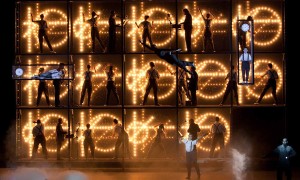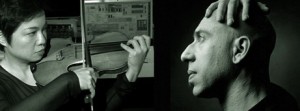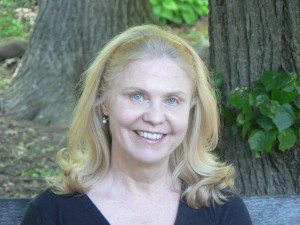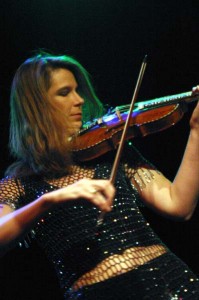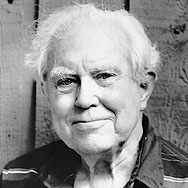Composers!
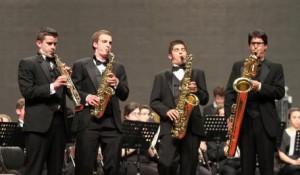
It is my pleasure to announce the Donald Sinta Saxophone Quartet’s first ever Composition Competition! The Donald Sinta Quartet (Dan Graser, Zach Stern, Joe Girard, Danny Hawthorne-Foss) is based in Ann Arbor and was handpicked from Donald Sinta’s Classical Saxophone studio at the University of Michigan, the same studio that produced the world-famous PRISM Quartet.
This competition coincides with the DSQ’s Paris debut in April, and the winning pieces will be performed at the Paris Conservatory, the Selmer Show Room in Paris and at other domestic performances. The competition’s deadline is February 15th, there is no application fee and more specific details regarding submissions can be found here on the DSQ’s website.
The members of the Donald Sinta Quartet have demonstrated a strong commitment to new music and living composers as long as I’ve been in Ann Arbor. Ron Amchin, a senior composition student whose work, Hot Foot, is part of the DSQ’s Spring tour commented, “They’re awesome! They will play anything you write and love challenges.”
I caught up with the DSQ’a frontman, of sorts, Dan Graser (soprano saxophone) and asked him about the group’s goals for this competition, along with the importance a new works by American composers to the growth and strength of saxophone quartet repertoire. Our conversation presented below.
Enjoy, and don’t forget to submit your best saxophone quartet piece to the Donald Sinta Quartet’s Composition Competition!
S21: What are your goals and parameters of the competition?
DG: The primary purpose of the contest is to generate several great new works for saxophone quartet from young American composers. When we were given the opportunity to perform in Paris for one of the finest saxophone studios in the world, we wanted to showcase everything that both American saxophonists, and American composers are capable of. While there is a great tradition of French saxophone repertoire that all saxophone quartets perform, our purpose with this contest is to begin establishing a greater repertoire from American composers and create a renewed national interest in writing for saxophone quartet.
